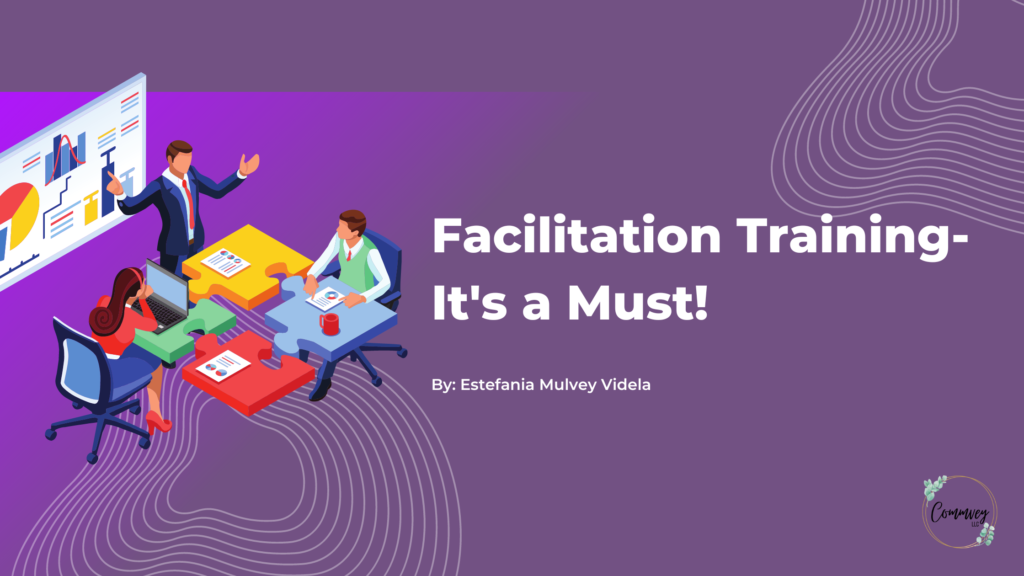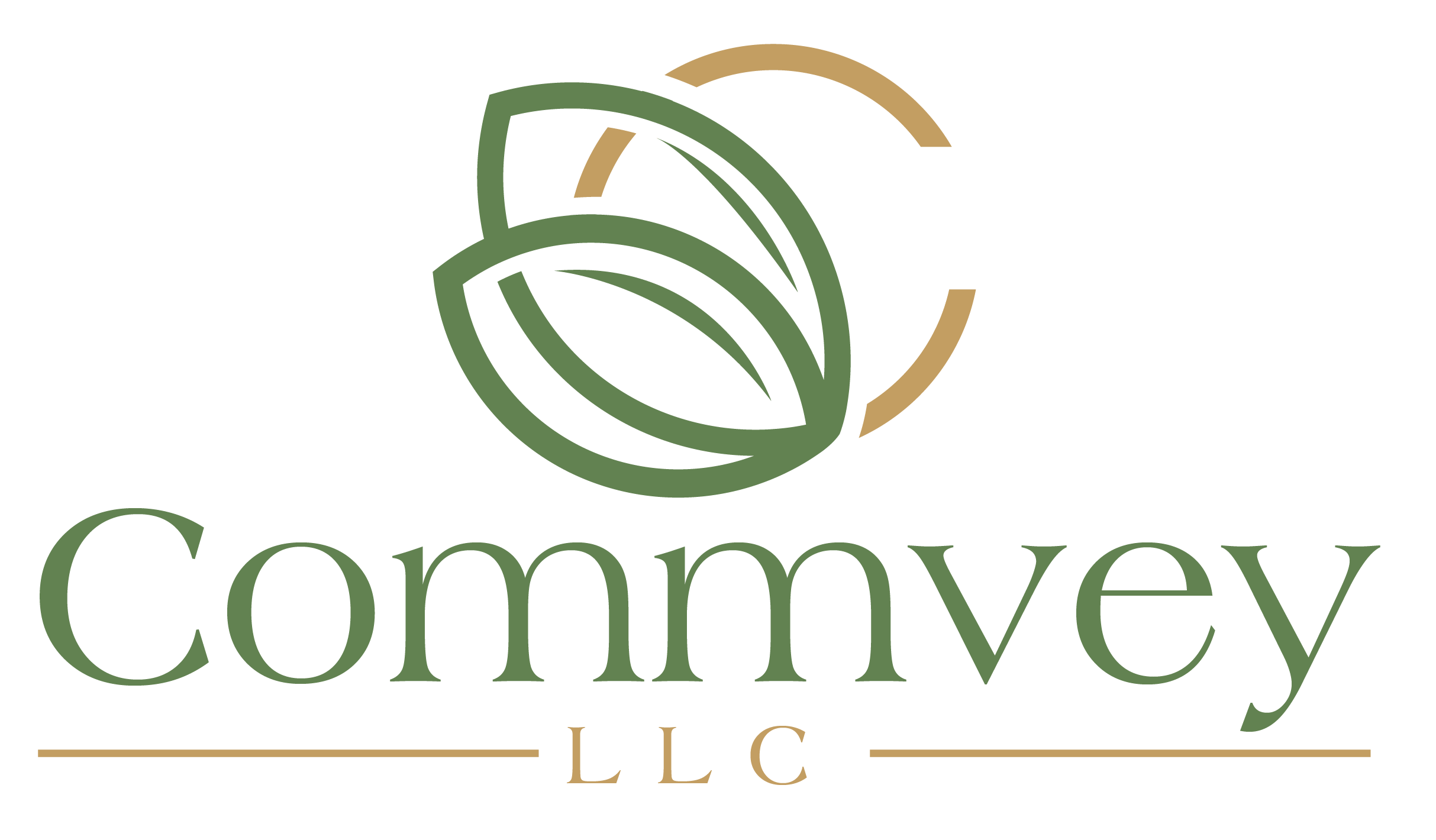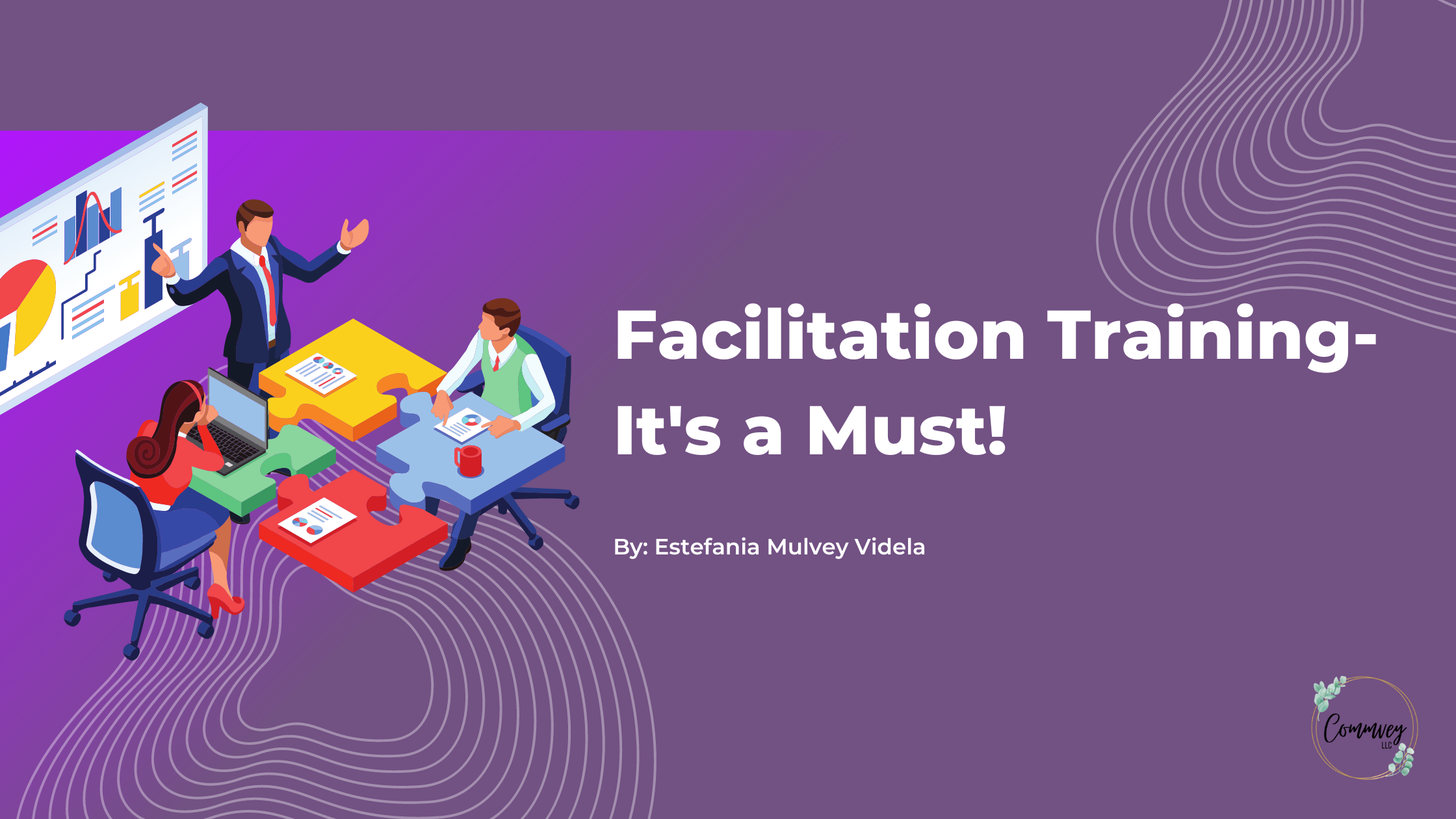
Facilitation is an important component of any strategic planning process. Online meetings and webinars require different skill sets. Training would be challenging and enjoyable at the same time. Sessions for training the trainers are an essential part of knowledge transfer and aid in raising the program’s uniformity and standard.
Since we moved the majority of meetings online, there have been several changes in facilitation. Facilitation is not just for face-to-face meetings anymore! The skill set that is required for facilitation has evolved along with the way we conduct business. Online meetings and webinars require different skill sets than the in-person meetings and workshops of the past. That is why it’s so imperative that we create a culture that supports ongoing training and development of facilitators within the organization.
Facilitation is an important component of any strategic planning process and plans. By working with staff and stakeholders we will be able to more easily identify current challenges, opportunities, and potential solutions. Facilitators play a crucial role in the planning and execution of strategies and projects because they manage the process of sharing ideas and facilitating dialogue among all of the stakeholders involved. They ensure that everyone is heard and that the purpose of the meeting or workshop is met. . Participants will be able to communicate more effectively with one another and think critically about the issues being addressed with the aid of an effective facilitator.
What skills are required for effective facilitation?
Many skills are needed, but some of the main ones are: Communication skills – facilitators need to be able to communicate effectively with both groups and individuals. They should have the ability to ask questions that will help generate discussion and keep the conversation on track. In addition, they need to be able to listen closely to what people are saying and make sure that they have understood all of their points before moving on. Neutrality, empathy, and respect are also essential interpersonal skills for a facilitator to have. Interpersonal skills – A facilitator needs to have strong interpersonal skills because they will need to interact with a wide range of people throughout the course of a meeting or workshop. In particular, they will need to be able to build good relationships with the participants in order to keep the group engaged and motivated. They also need strong conflict resolution skills in order to defuse tense situations and prevent conflict from escalating.
Now how do we achieve these skills, well we must focus on building up the skills as a whole to become excellent facilitators at any level! That starts with setting up facilitator training. It entails regular training sessions conducted by an external resource with intensive subject matter expertise. This can range from formal training to specific workshops, and/or certification programs. It could also involve 1:1 coaching. Each program is unique and can be tailored to the individual needs of the team or business it is being rolled out for. If done right the training should be challenging but enjoyable at the same time. Sessions for training the trainers are an essential part of knowledge transfer and aid in raising the program’s uniformity and standard. The facilitators will be educated to give the same quality and standards each time they facilitate as a result.
If you are considering facilitation training, these are the things that should be included in good training:
- Problem-solving – Facilitation involves identifying and solving problems as a group.
- Planning and preparation – Effective facilitation requires a careful planning process in order to ensure a smooth meeting.
- Conflict management – Facilitation is about bringing together people with opposing views with the aim of resolving their differences and creating a collaborative environment.
- Staying Neutral- Neutrality is not as easy as it seems, since bias can creep in even with the best intentions.
- Project management and time management skills- A facilitator needs to be able to plan and manage all aspects of a project to ensure its success.
- Energy & enthusiasm- The facilitator’s role is not just to plan and facilitate a meeting or event; it is also to inspire the group and create a positive atmosphere where all participants can feel equally involved
- Patience and inclusion- It is important to foster a sense of inclusiveness among participants and ensure everyone’s voice is heard. Which requires patience, not everyone will be on the same level.
- Learning styles- Different people learn best in different ways. Being able to recognize this and engage with different styles is a valuable tool for a facilitator.
- Kindness- We encourage everyone to always lead with kindness and compassion. It is amazing the change that it will bring to a group!
Ideally, good facilitation training should take place over a period of at least a couple of days and include a range of different activities including role-playing, group discussions, and practical exercises. This will enable the participants to put their newly acquired abilities into practice and offer them the chance to test out various strategies before using them in actual circumstances. The important thing is to seek out these training opportunities and continue to put value into the professional development of your team. You will also be able to see improvements in your work as a whole and become more effective at leading meetings and projects.
Want to learn more?
Schedule time with us


